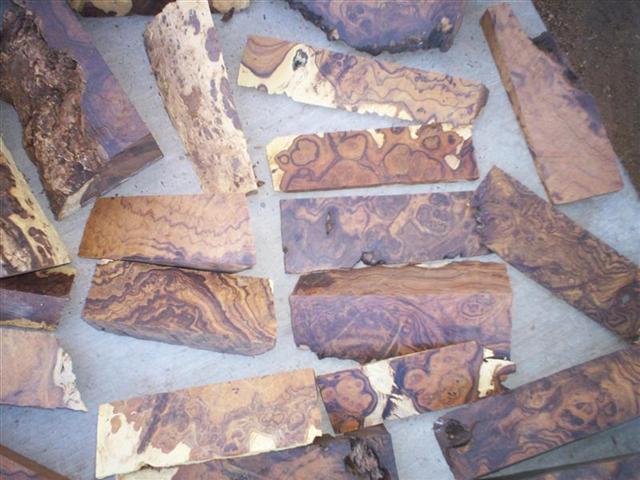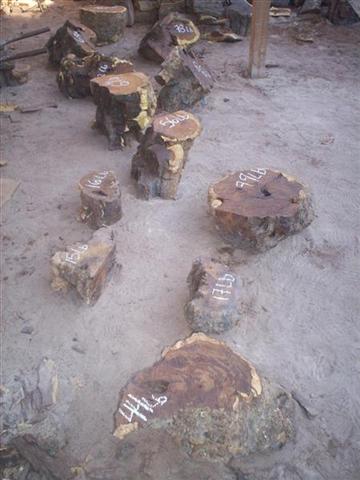Shop Categories
Ironwood Info
Olneya tesota is a perennial flowering tree of the Fabaceae family, legumes (peas, beans, etc.), which is commonly known as Ironwood or Desert Ironwood. It is the only species in the monotypic genus Olneya. This tree is part of the western Sonoran Desert complex in the Southwestern United States, which includes flora such as palo verde, saguaro, ocotillo, brittlebush, creosote bush, and mesquite.
The Desert Ironwood grows as a bush or tree and reaches heights of about 10 metres (33 ft), and average trunk diameters of about 60 cm (24 in); in exceptional sites in larger protected washes, greater height and more massive. In younger trees, the bark is gray, shiny, and smooth; in older trees the bark is broken open. The tree is an evergreen plant, but can lose its leaves if temperatures fall below 2 ?C (36 ?F). In continual drought conditions leaves will be lost. Leaves are bluish-green and pinnate compound. Leaves are arranged on a petiole, 6 in (15 cm) long, with 6-9 leaflets-(or variously up to 15, 7, 7-opposite, and one terminal), each being 0.7 to 2.5 cm (0.28 to 0.98 in). At the base of each pinnate leaf petiole grow two thorns, about 1 cm (0.39 in) long. Bloom time occurs in late April/May to June. Flowers are of 5 unequal petals, in colors of medium purple, magenta-red, or also white to pale pink. Seedpods are 5?8 cm (2?4 in) long, and light reddish brown. When seedpods are ripened two other species Parkinsonia florida-(Blue Palo Verde), and Acacia constricta-(Catclaw Acacia) have similar light red brownish colors. Catclaw acacia seedpods are noticeably J-shaped and of shorter length.
Samples of brute Burl Ironwood


Ironwood Tree - Wikipedia
Do you have any question? Contact Us